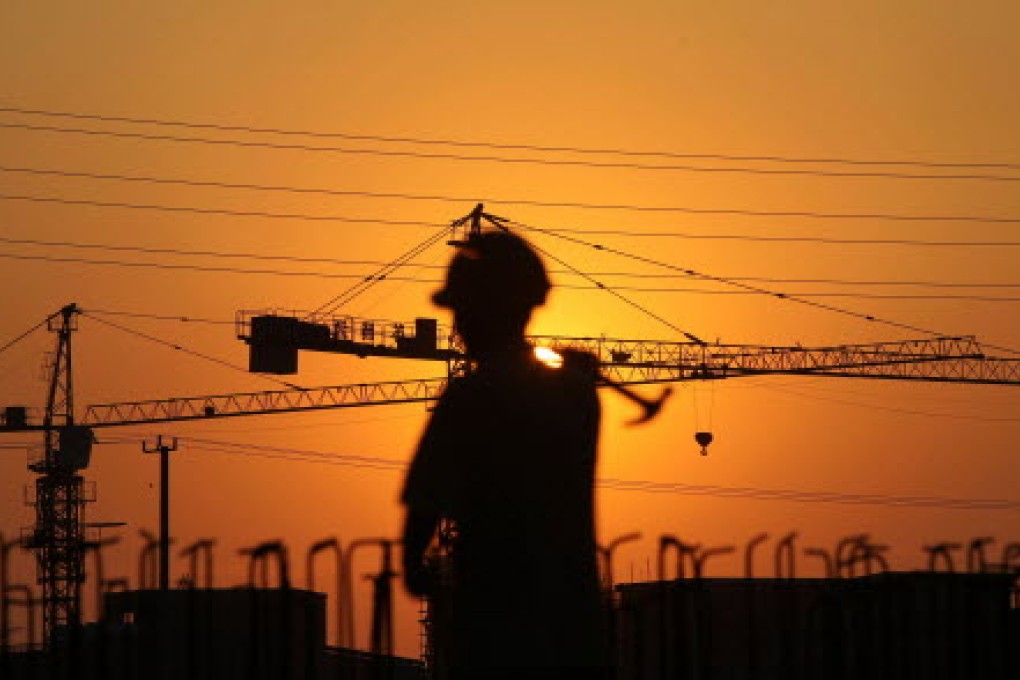China's bloated economy needs a dose of reality
Hans Black and Olivia Gong urge leaders to deflate its asset bubble

While China's higher-than-expected July exports may fuel recovery hopes, it may be false optimism for a country that is finding itself in deep economic and social distress. To that, the Margaret Thatcher portrayed in the biopic The Iron Lady has something to say to the Chinese leadership: "Yes, the medicine is harsh, but the patient requires it in order to live."
China's bubbles may provoke a crisis in the near term, and Beijing may treat the patient with hard-to-swallow medicine in two ways. First, it could allow the bubbles to pop. Second, it could find a way to let the air out carefully, for a soft landing. Either option would be painful, but necessary.
Unsustainable surges in real estate prices and local debts, along with growing concerns over the shadow banking system and worrisome declines in both export and import figures, suggest there is trouble ahead.
New ideas are founded on solid ground, not frothy, effervescent foam
Financial markets, and all those with vested interests in the economy, fear that there are worrying similarities to the bubble economy that triggered the US crisis in 2008.
Recent data shows evidence of a growing bubble, although expansion rates are slowing. As the economy slows, and other industries weaken, investors seek out property investments for reasonable returns. Average home prices in China's 70 major cities rose 6.8 per cent in June from a year earlier. Sixty-three of the 70 cities saw month-on-month increases in home prices, versus 65 cities in May.
Moreover, the true extent to the housing bubble remains unclear; China began withholding nationwide home price data in 2011.
In June, the National Bureau of Statistics also announced that China's gross domestic product growth in the second quarter had slowed to 7.5 per cent, compared to 7.7 per cent in the first quarter and 7.9 per cent in the final three months of 2012.
The past quarter marks the ninth quarter in the last 10 that expansion has weakened. In spite of all this, the leadership says the country is still on target to meet the full-year growth target of 7.5 per cent, which would be China's slowest pace in 23 years.